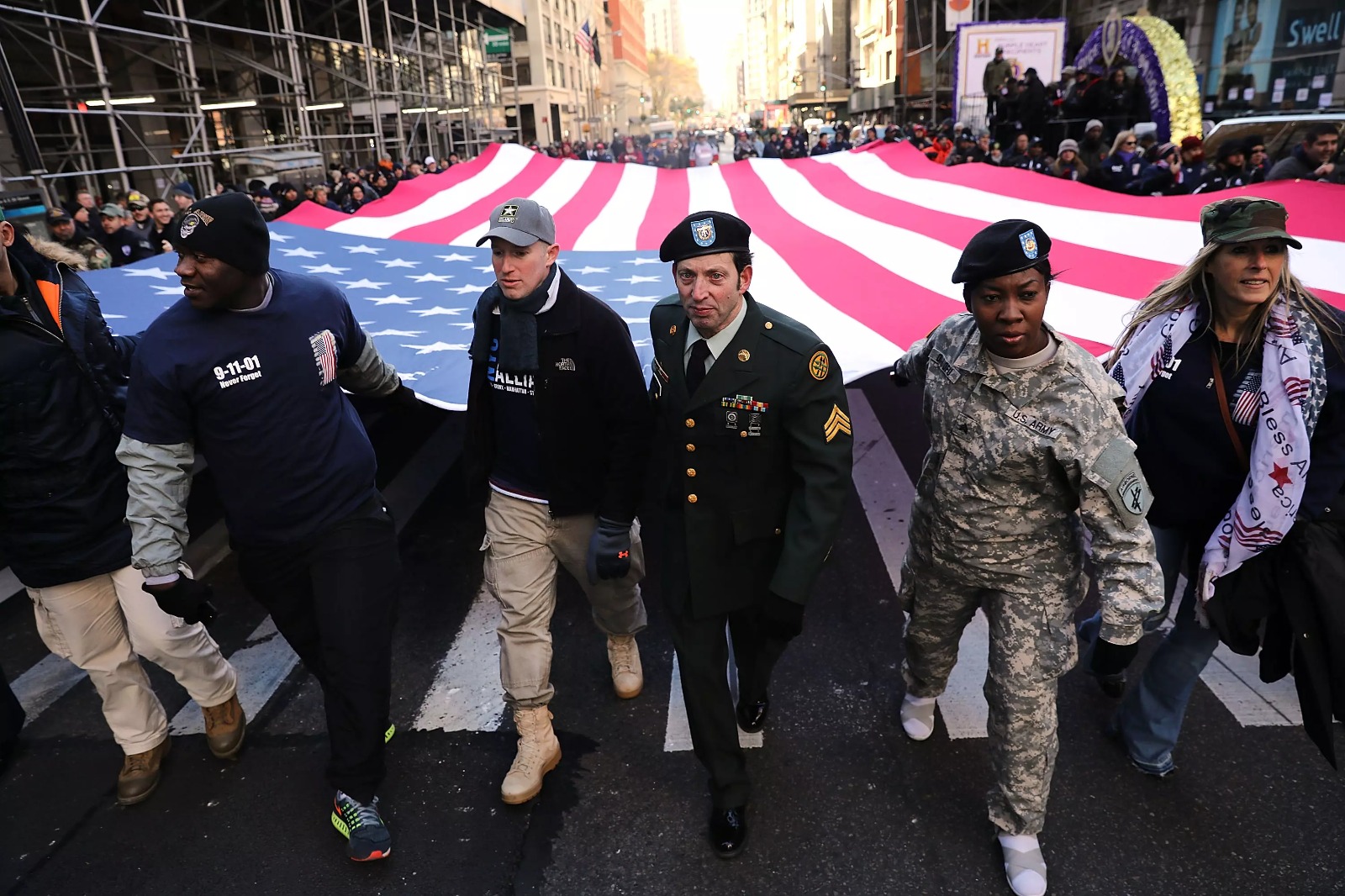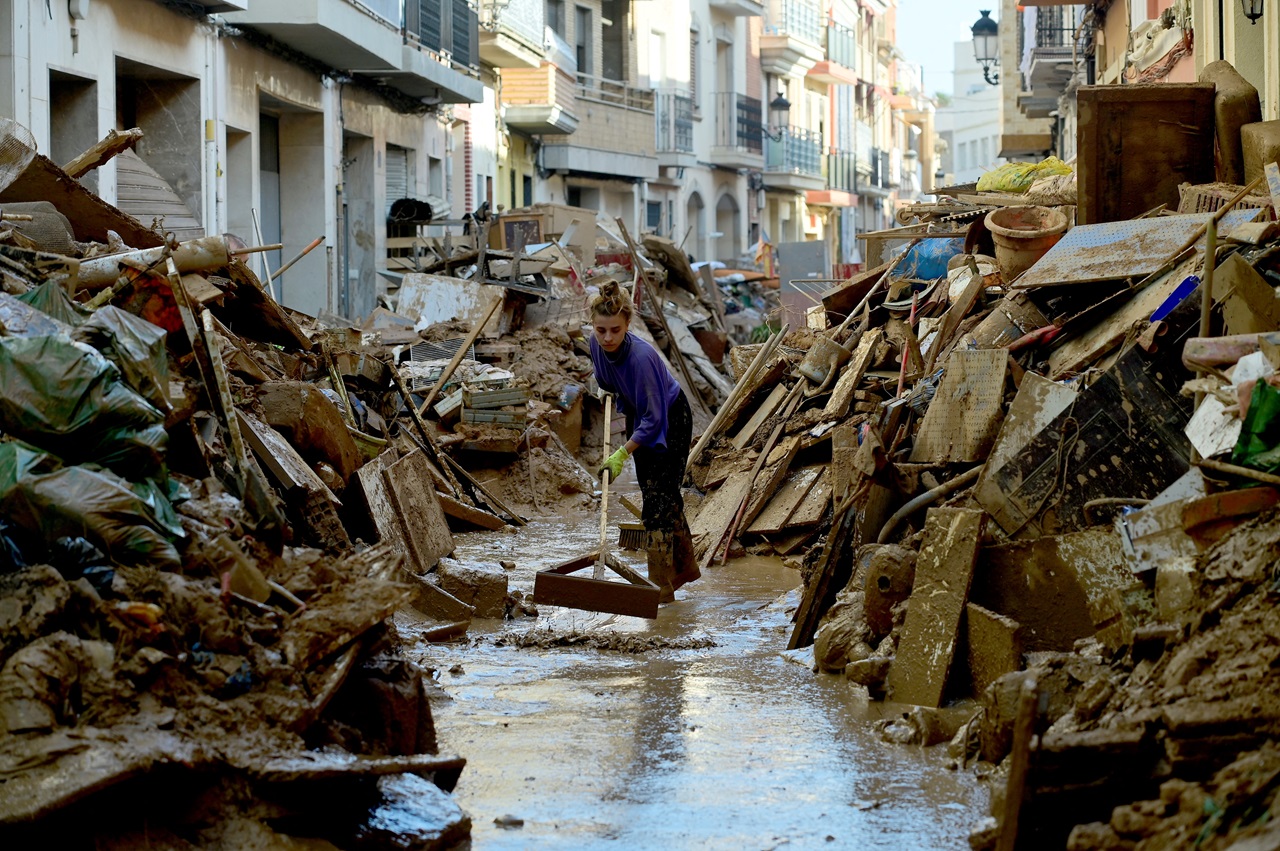
CDC warns against Ebola stigma
As Ebola nurse Kaci Hickox was approved to leave quarantine in New Jersey, the U.S. Centers for Disease Control’s Tom Frieden prepared to announce new quarantine guidelines that would balance safety while avoiding the stigmatization of health workers upon their return from West African countries affected by the virus.
But health workers aren’t the only ones affected by the Ebola stigma. African immigrants have been a target for harassment and mistreatment.
In New Jersey, students from Rwanda were kept home from school for fear of Ebola even though they had not been to West Africa. A Minnesota restaurant owner from Liberia said that her sales have dropped this year because of the Ebola outbreak. She even taped over the word “African” on her sign.
In the Bronx, two Senegalese-American boys were called “Ebola” in school, harassed and beaten by classmates, and ended up in the hospital. Local lawmakers labeled the act as a “hate crime.”
Quarantined, against their will
New guidelines for health workers and those flying in from countries affected by Ebola are based on individual assessments, Frieden said. Travelers go through multiple screenings upon exit from countries and entrance to the U.S. At-risk patients are monitored depending on their assessed exposure. But in New Jersey, Hickox was kept in a quarantine tent against her will even though she did not have a fever or show symptoms of Ebola after returning from providing care in Sierra Leone. Both New Jersey Governor Chris Christie and New York Governor Andrew Cuomo have supported mandatory quarantine.
While state health departments typically follow CDC guidelines, Frieden said that the authority to enact more stringent measures ultimately rest with states. However, the CDC head warned that those policies could deter people from disclosing information. Currently, less than 100 people per day are flying in from West Africa and between 5 or 6 percent are returning health workers.
If health workers are stigmatized or mistreated upon return, Frieden said, then workers may be less likely to volunteer to end Ebola in West Africa.
“We will only get to zero risk by stopping it at the source,” Frieden said.










DEJE UN COMENTARIO:
¡Únete a la discusión! Deja un comentario.